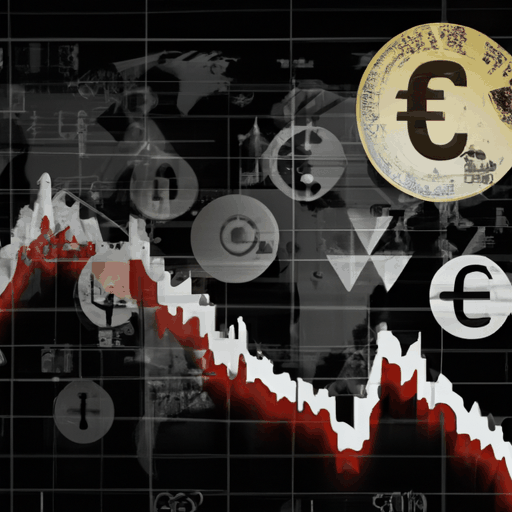
Bitcoin's Price Decline Amid Geopolitical and Economic Tensions
By: Isha Das
Bitcoin's price is currently hovering around $81,800, marking a notable 1.98% decline over the last 24 hours. This downturn is part of a week-long downward trend, with Bitcoin having dropped over 7% from its March 25 peak of $88,400. The broader digital asset market reflects similar trends, with the global crypto market capitalization now at $2.65 trillion, a 1.77% dip during the same period. Trading volume has also seen a 1.4% decrease, standing at $57 billion.
The overarching sentiment impacting the market stems from political uncertainties surrounding the impending 'Liberation Day,' a term coined for April 2, where former President Donald Trump is expected to initiate significant 'reciprocal tariffs.' This expectation has led to widespread economic and market anxiety, extending from cryptocurrencies to traditional financial markets. Fears of aggressive trade measures have evoked a derisking trend, with spot markets experiencing reduced demand and heightened caution among investors.
Adding to these strains, several macroeconomic indicators are exacerbating concerns. The release of the Core PCE data indicated a steeper-than-expected inflation rate. Consumer confidence has fallen to its lowest in a decade, and Goldman Sachs has escalated its recession risk projections from 20% to 35% due to mounting geopolitical and economic uncertainties. These adversities have seen Bitcoin echo losses in equity markets, which have also seen significant downturns; the S&P 500, Nasdaq, and Dow Jones Industrial Average have dropped over 6%, 9%, and 4.7%, respectively, this month.
The situation also poses technical challenges for Bitcoin. Current price movements are testing critical support thresholds. Analysts suggest that if these levels are breached, Bitcoin could see accelerated sell-offs, intensifying the current bearish momentum. While some foresee Bitcoin benefiting from long-term inflationary pressures incited by tariffs, this remains speculative against the backdrop of prevailing immediate economic fears and geopolitical anxieties. The upcoming tariff announcements on 'Liberation Day' are anticipated to be a pivotal event for both the crypto and wider financial markets, with potential impacts on inflation, unemployment, and economic growth depending on their breadth and execution.



